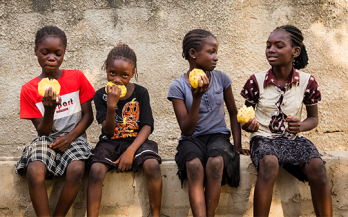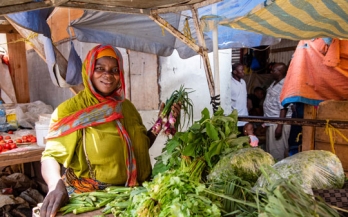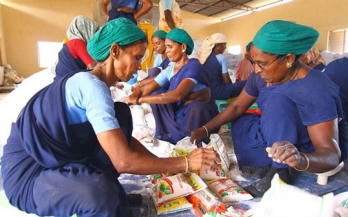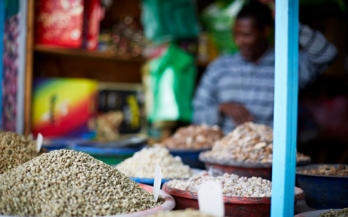In 2023, Criterion Institute and UNICEF partnered to develop child lens investing: an emerging field that intentionally integrates considerations of child rights and wellbeing into investment processes. Understanding is growing of the opportunity that exists for increasing economic, social, and environmental impact by considering children when making investments.
Malnutrition is a major public health problem, for which global development assistance current falls far short of needs. As such, it is important to consider non-traditional sources and mechanisms to increase the funding available to support nutrition, particularly in low- and middle-income countries where the burden is highest.
Small- and medium-sized businesses play essential roles throughout the food systems of low- and middle-income countries, and supporting them to expand and improve their production can help strengthen domestic employment and economic growth and facilitate improved access to safe, nutritious, and affordable food.
Small and medium-sized enterprises (SMEs) are central to low- and middle-income country (LMIC) food systems and have the potential to increase local accessibility (availability and affordability) of nutritious and safe foods.
This discussion paper is based on a review of relevant literature and interviews with investors and experts at the intersection of business and nutrition. The objectives of this paper are to assess what is needed to unlock greater commercial investment into nutritious food value chains, from nutrition to agribusiness to SME finance and blended finance.
This project is part of a wider initiative at GAIN on Innovative Finance and aims at assessing and sizing the financial needs of enterprises working along food value chains that could produce nutritious foods in Kenya and Tanzania with a particular focus on SMEs (small and medium sized enterprises) and food systems after the farm gate.






